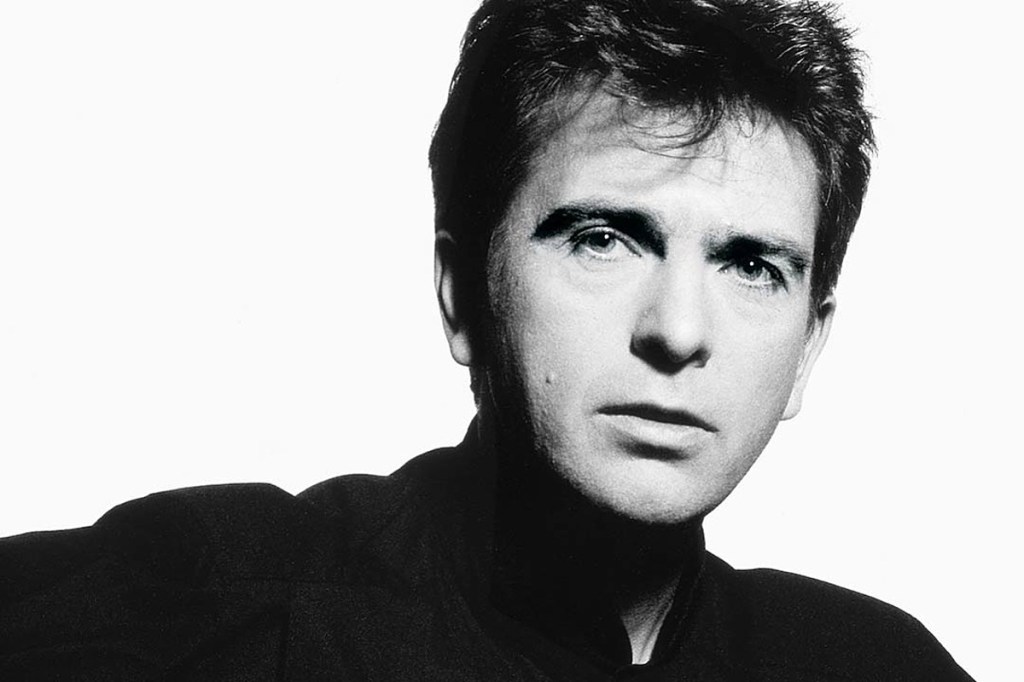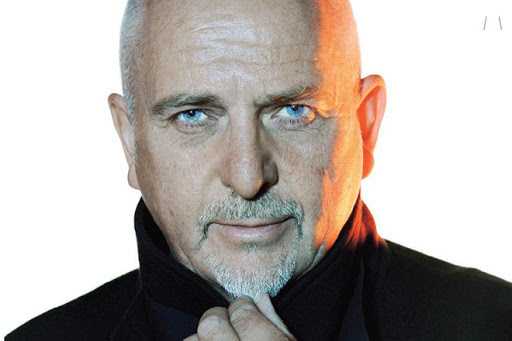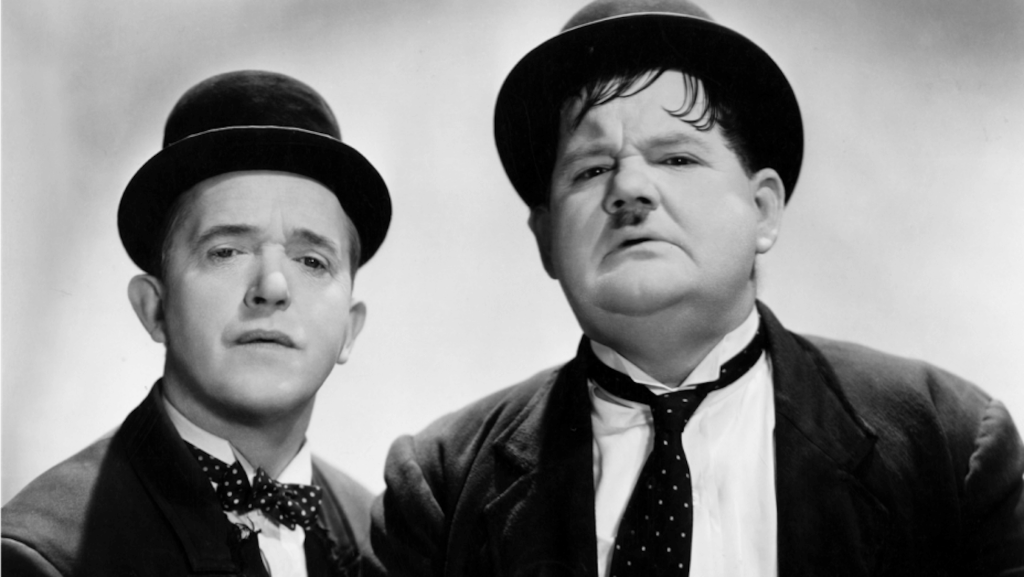
Peter Gabriel turned 70 years old earlier this year. For a little while back in the day, he was a superstar, and I was kind of addicted to him. Then he walked away from it all.
I can’t quite overstate how ridiculous my Peter Gabriel fandom was back in the early 1990s. I listened to the tracks from his hit albums So and Us so much that they still feel tattooed on the brain. Pre-internet, I scoured the shops for rare B-sides and remixes. I did that thing where you listen to a particular album so much you’ve memorised every vowel, every chord. Where the music itself transforms into something bigger than it is.
To keep in silence, I resigned / My friends would think I was a nut
I dove deep into Peter Gabriel fandom at the precise moment that I graduated high school and moved to a college clear on the other side of America, where I knew nobody. I do not know what I was looking for with my Peter Gabriel obsession, but somewhere in there, I found it.

And like anything you fall for, you think the artist is speaking directly to you. “Red Rain”? Clearly about me leaving my hometown. “In Your Eyes”? First love, of course. “Big Time”? My sky-high hopes and dreams for the future. “Secret World”? Every traumatic fumbled breakup that ever was. The entire remarkable Passion soundtrack to The Last Temptation of Christ, a grand and sweeping instrumental meditation on what felt like life, the universe and everything, swirling around my brain.
I was feeling part of the scenery / I walked right out of the machinery
After the smash hit of 1986’s So, Gabriel’s output slowed to a trickle. In 1992 came Us, his breakup album. Then in 2002 came Up, an album about ageing, death and transition.
That was 18 years ago now. In the meantime he’s been heavily involved in human rights and his record label. He’s also put out a couple of albums of somewhat lifeless re-recordings of his own songs, an album of cover tunes, and some soundtracks and instrumental work, but he hasn’t released an album of his own songs in close to 20 years. (There’s a “planned album” called I/O that’s literally been in works since 1995 – I’m not holding my breath.)
Gabriel’s lyrics were never as dense as a Dylan or Costello – indeed, as his career progressed, he turned away from the surrealism of his Genesis days and his words became increasingly naked, declarative and stark, even as the music became more adventurous and layered, heavily influenced by his interest in world music.

It is a shock to see Peter Gabriel now, a bald and bearded senior citizen, when in my mind he’s still that ultra-cool guy bouncing around in the “Sledgehammer” video that MTV played endlessly once upon a time. Yet I look in the mirror and see my own face and the grey hairs and the lines that weren’t there when I picked up my first Peter Gabriel albums more than 30 years ago, and I realise we’re all going through the same thing.
I will show another me /Today I don’t need a replacement / I’ll tell them what the smile on my face meant
I listen to Peter Gabriel a lot less these days – not that I like him any less, but due to the paucity of any new material and the fact that I listened to the old stuff so many bloody times that it’s engraved into my DNA.
A lot of artists don’t know when they’ve drained the well of inspiration, to be true. There’s a lot of great musicians who I love but consider many of their later albums utterly forgettable. Of that great run from Peter Gabriel’s 1977 solo debut to Up, every single one of them rings with meaning for me. That’s not a bad legacy to have.
My heart going boom, boom, boom / “Hey, ” I said, “You can keep my things / They’ve come to take me home”
(Lyrics “Solsbury Hill,” 1977 Peter Gabriel)















